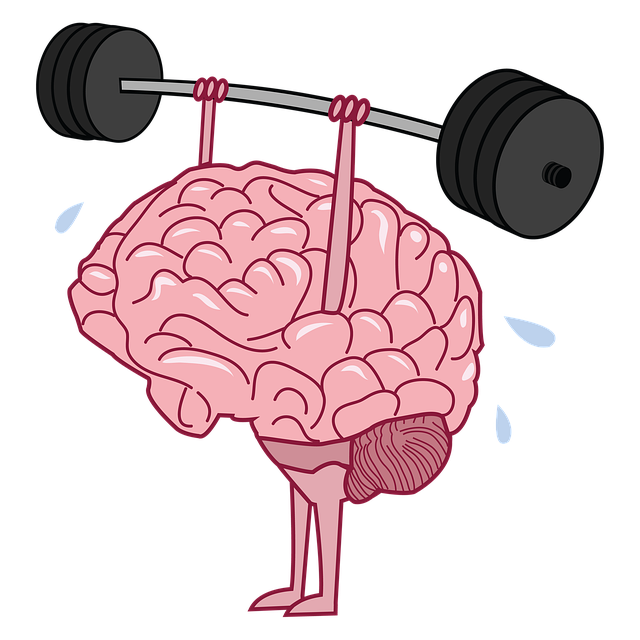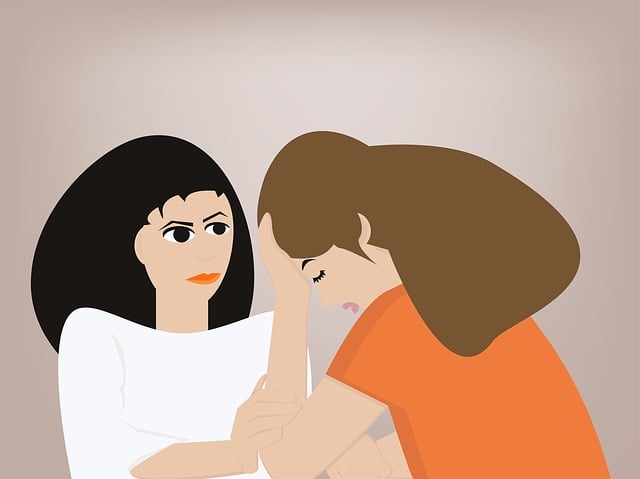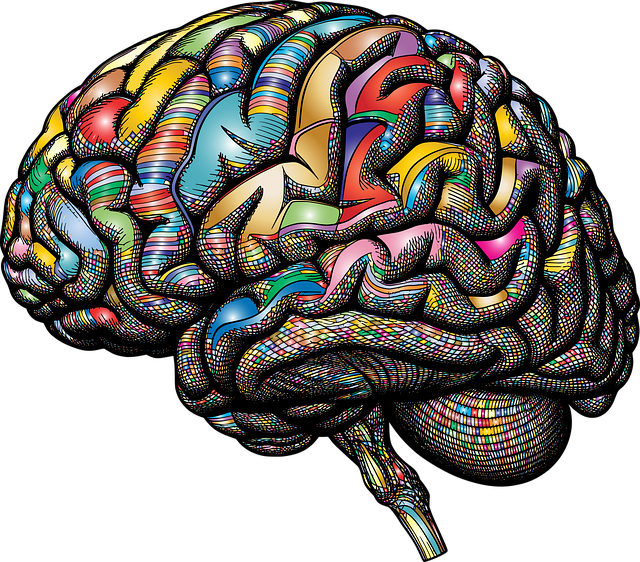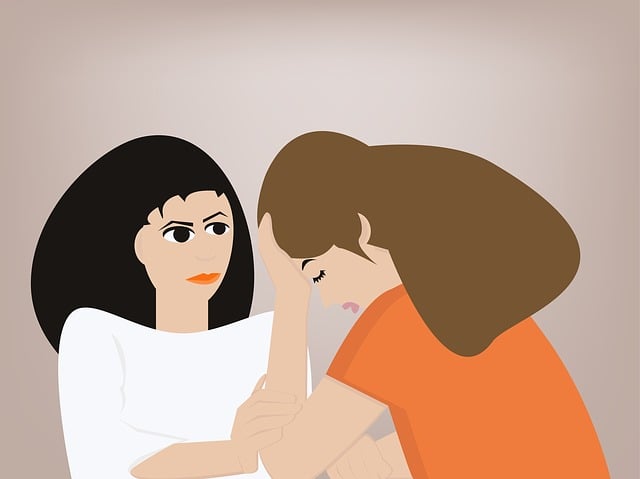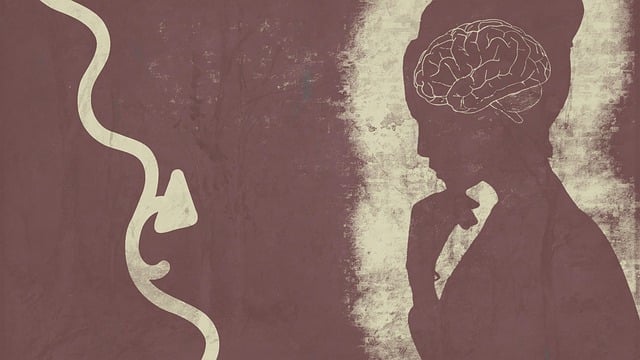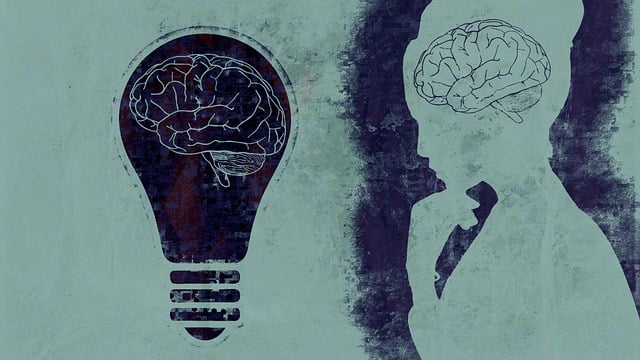Mental illness representation in media heavily influences public perception, with historical depictions often perpetuating stereotypes and hindering destigmatization efforts. Specifically, OCD has been inadequately shown despite innovative approaches like Centennial Obsessive Compulsive Disorder Therapy, which focuses on resilience building and stress management. Accurate media portrayals of conditions like Centennial OCD Therapy are crucial for fostering empathy, challenging stigma, and encouraging help-seeking behaviors. This involves responsible scriptwriting, casting actors with relevant experience, collaborating with mental health professionals, and sharing diverse recovery narratives to create a more empathetic society.
In today’s media landscape, the representation of mental illness holds significant power. Understanding how media portrays conditions like Centennial Obsessive Compulsive Disorder (OCD) is crucial for challenging stigmatized narratives and fostering empathy. This article explores the impact of media on public perception, presents strategies for accurate and empathetic depictions, and highlights a case study focusing on Centennial OCD therapy as a beacon of positive change. By examining these aspects, we can navigate towards a more informed and compassionate society.
- Understanding Mental Illness Representation in Media
- The Impact of Media Portrayal on Public Perception
- Strategies for Accurate and Empathetic Depictions
- Centennial OCD Therapy: A Case Study for Positive Change
Understanding Mental Illness Representation in Media

Mental illness representation in media plays a significant role in shaping public perception and understanding of various mental health conditions. It is crucial to recognize that media often serves as a powerful mirror, reflecting societal attitudes and knowledge about mental wellness. However, historical portrayals have frequently perpetuated stereotypes, misconceptions, and stigmatization, hindering the journey towards destigmatization. For instance, Obsessive Compulsive Disorder (OCD) has been depicted in various media formats, but these representations often fall short of accurately reflecting the complexity of the condition and its impact on individuals’ lives.
Centennial Obsessive Compulsive Disorder Therapy, among other innovative approaches, emphasizes resilience building and stress management workshops within an organization. By promoting open dialogue and accurate education, such initiatives challenge stereotypical narratives. They introduce viewers to the human experience behind mental illness, fostering empathy and a deeper understanding of the diverse ways individuals cope with their unique challenges. Additionally, incorporating conflict resolution techniques in media representation can showcase healthy coping mechanisms and recovery journeys, offering valuable insights that counterbalance negative stereotypes commonly associated with mental health struggles.
The Impact of Media Portrayal on Public Perception

The media plays a significant role in shaping public opinion and understanding of mental health issues, including conditions like Obsessive Compulsive Disorder (OCD). Portrayals of OCD in movies, television shows, and other forms of media can either perpetuate stereotypes or offer valuable insights. When depicted accurately, these representations can foster empathy among viewers, challenge stigma, and encourage help-seeking behaviors. However, negative or simplistic portrayals can contribute to misunderstandings and misinformed perceptions. For instance, centurial OCD therapy strategies are often oversimplified in media, missing the complexity of the condition and the diverse approaches required for effective treatment.
Empathy building strategies, such as sharing personal narratives and showcasing diverse experiences with OCD, have proven effective in countering negative media representations. Encouraging self-awareness exercises that challenge preconceived notions and promote accurate understanding can be transformative. By integrating mind over matter principles, media creators can illustrate the power of cognitive-behavioral therapy techniques and other evidence-based practices in managing OCD symptoms. Ultimately, responsible and nuanced media portrayals are instrumental in creating a more supportive environment for individuals living with OCD and other mental health challenges.
Strategies for Accurate and Empathetic Depictions

Creating accurate and empathetic representations of mental illness in media is paramount for challenging stereotypes and fostering understanding. This involves careful consideration during the scriptwriting, casting, and production phases. Characters with mental health conditions should be portrayed by actors who have personal experience or a deep understanding of the disorder, ensuring authenticity. Collaboration with mental health professionals, such as therapists specializing in Centennial Obsessive Compulsive Disorder (OCD) therapy, can provide valuable insights for accurate depiction. Incorporating nuanced stories that reflect the complexities of these conditions, including their symptoms and treatment journeys, helps to humanize individuals living with mental illness.
Risk management planning for mental health professionals is crucial when addressing sensitive topics like OCD in media. By implementing compassion cultivation practices and empathy-building strategies during production, creators can ensure that they handle these subjects responsibly. This includes educating the cast and crew about the impact of specific scenes on viewers’ perceptions and providing support mechanisms to prevent burnout among those directly involved. Through these approaches, media platforms can contribute to a more empathetic and informed society, fostering positive changes in attitudes towards mental health.
Centennial OCD Therapy: A Case Study for Positive Change

In recent years, the media has played a pivotal role in shaping public perception of mental health, particularly through its representation of disorders like Centennial Obsessive Compulsive Disorder (OCD). Case studies showcasing effective therapy and recovery narratives are essential to challenging stigmatized views. One such inspiring story revolves around Centennial OCD Therapy, a specialized treatment center dedicated to addressing the unique challenges posed by this complex condition.
This approach emphasizes evidence-based practices tailored to each individual’s needs, combining cognitive-behavioral therapy with exposure and response prevention techniques. By offering comprehensive support that includes trauma support services and mental wellness journaling exercises, Centennial OCD Therapy demonstrates a holistic strategy for stress management. Their dedication to empowering individuals has led to remarkable positive change, shedding light on the effectiveness of targeted interventions in media representations of mental illness.
Mental illness representation in media is a powerful tool that can either perpetuate harmful stereotypes or foster understanding and empathy. As seen with Centennial Obsessive Compulsive Disorder (OCD) therapy gaining traction through positive media portrayals, it’s clear that accurate and empathetic depictions can significantly impact public perception. By adopting strategies for authentic representation, the media can challenge existing narratives and promote a more nuanced understanding of mental health issues. This, in turn, encourages support and compassion for those affected, ultimately contributing to a healthier society.

